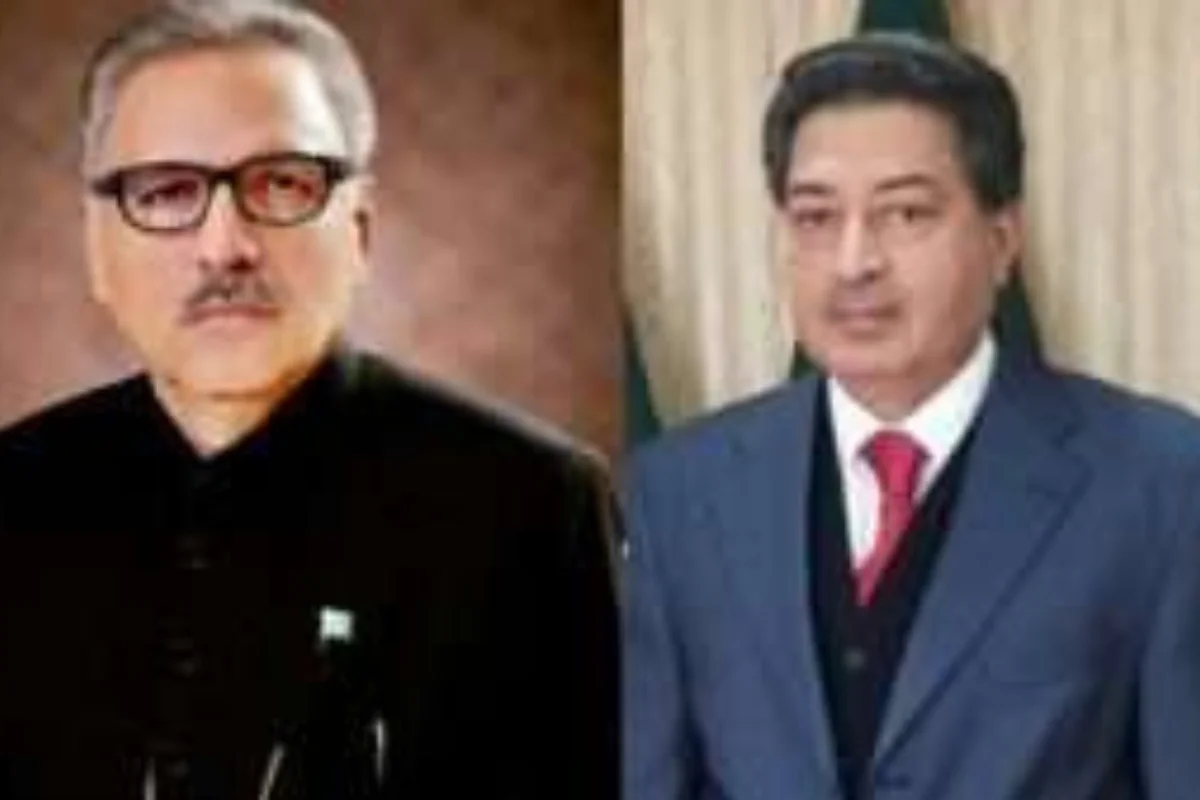Current political Situation and electoral Uncertainty
In these exasperating periods, country needs a clear and decisive path forward. To address the electoral uncertainty, all stakeholders, including the Election Commission, legal experts, and political leaders, must come together in the spirit of responsibility and commitment to democratic values.
The nation’s future depends on timely, transparent, and fair elections that uphold the principles of the constitution and respect the aspirations of the nation. In what appears to be an effort to conduct general elections in the final week of January 2024.But the recent confusion and electoral uncertainty has put all the nation on unrest.
The Election Commission of Pakistan (ECP) recently announced a change in its constituencies’ delimitation timeline. Instead of the previously slated December 14, the ECP now aims to complete this process by November 30.
The rationale behind this move, as explained by the ECP, is to expedite the scheduling of general elections. While this may seem like a responsible action on the part of the commission, it has, in reality, contributed to the growing political and Electoral uncertainty surrounding the upcoming polls.
Tallying to the confusion are conflicting reports regarding President Arif Alvi’s potential announcement of election dates for November. While initial speculations pointed towards this possibility, subsequent reports suggested otherwise, citing ‘advice’ received by the President.
The legal community is also divided on the issue of Electoral Uncertainty, whether the President has the authority to announce election dates, with the Election Commission and the caretaker law ministry taking one stance and many legal experts advocating another.
This difference of opinion has the potential to trigger yet another constitutional crisis, especially if the Supreme Court’s past judgment upholds the President’s authority in this matter.
Stance of the election commission on election dates has been far from consistent, causing many political parties to view its assurances with skepticism. The initial promise of an October election, followed by a December delimitation date, and now a two-week rollback in the timeline has eroded trust in the commission’s ability to uphold its responsibilities.
The primary role of the ECP is to ensure timely and fair elections, but its wavering position has only added to the controversy surrounding the forthcoming general elections.
It’s worth noting that the Pakistan Democratic Movement (PDM) government’s decision to base the next elections on the new census data has contributed significantly to this complex situation. This choice, which was approved by the PDM and its allied parties, has set the stage for the current uncertainty. As the 90-day mark approaches, the future remains uncertain, and the possibility of an indefinite delay in the elections cannot be ruled out.
As country copes with an ongoing economic crisis, marked by public discontent over surging utility bills and escalating fuel prices, the caretaker government is already under immense pressure. Delayed elections or the absence of clear polling dates, coupled with the looming possibility of a constitutional crisis if the President proceeds with announcing election dates, could prove overwhelming for the interim government.
Punjab and Khyber Pakhtunkhwa have seen caretaker administrations for seven months, and if the general elections are postponed until January or February 2024, it would entail a year of caretaker governments in these two provinces, and six months of caretaker rule at the federal level and in two other provinces. This unprecedented scenario of electoral uncertainty poses a direct challenge to the country’s constitutional framework.


